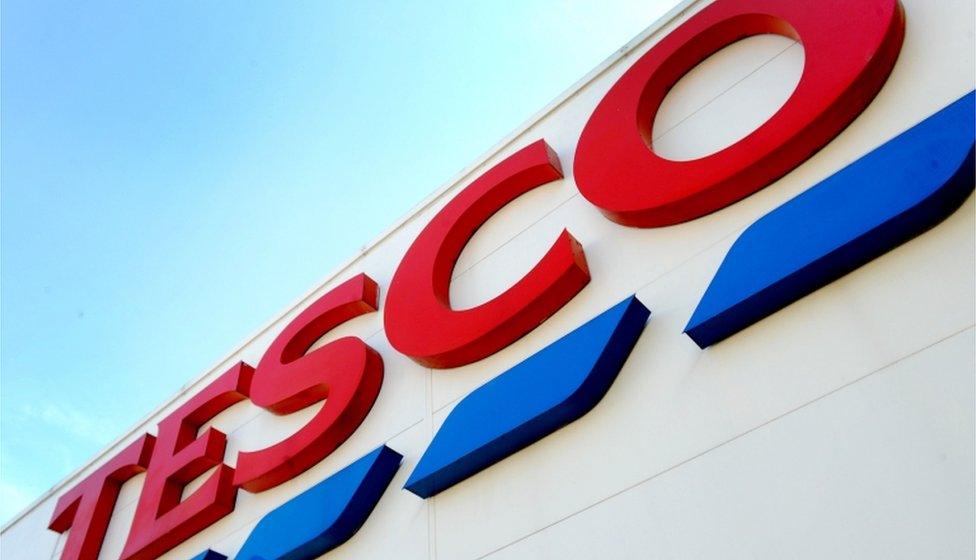Unilever and Tesco at loggerheads
- Published

It was bound to happen sooner or later.
Both the boss of Unilever and the boss of Tesco have previously warned that the fall in the value of the pound since Brexit could see the price of some products rise. They are not seeing eye to eye now.
A Unilever demand for a 10% rise in the wholesale price of many well-known brands has seen the UK's biggest retailer dig in its heels.
Tesco boss Dave Lewis was a senior executive at Unilever, so is in a good position to read the Anglo-Dutch company's hand in this game of grocery poker.
Industry sources have told the “óĻó“«Ć½ that while retailers recognise the fall in the pound has put upward price pressure on some imported goods, they feel Unilever's demand for across-the-board price increases is unreasonable - not least because many of the products are produced in the UK.
Retailers also feel that manufacturers are in a better position to absorb the shock of the currency move as their margins on the branded goods are between 20% and 30%, while the supermarkets generally operate on margins of between 2% and 3%.
Rows between suppliers and retailers are common, but a dispute which sees supplies of much-loved brands choked off is not.
Other grocers have been hit by the same demands and are still considering their options. While secretly cheering Tesco's stand, it's not clear they are rushing to join them.
According to one competitor I spoke to, watching the market leader unable to sell some of customers' favourite products is not entirely without its benefits in a cut-throat retail world.
Tesco said it hopes to resolve the dispute soon, but until then, Tesco shoppers may find some items on their list are not in stock.